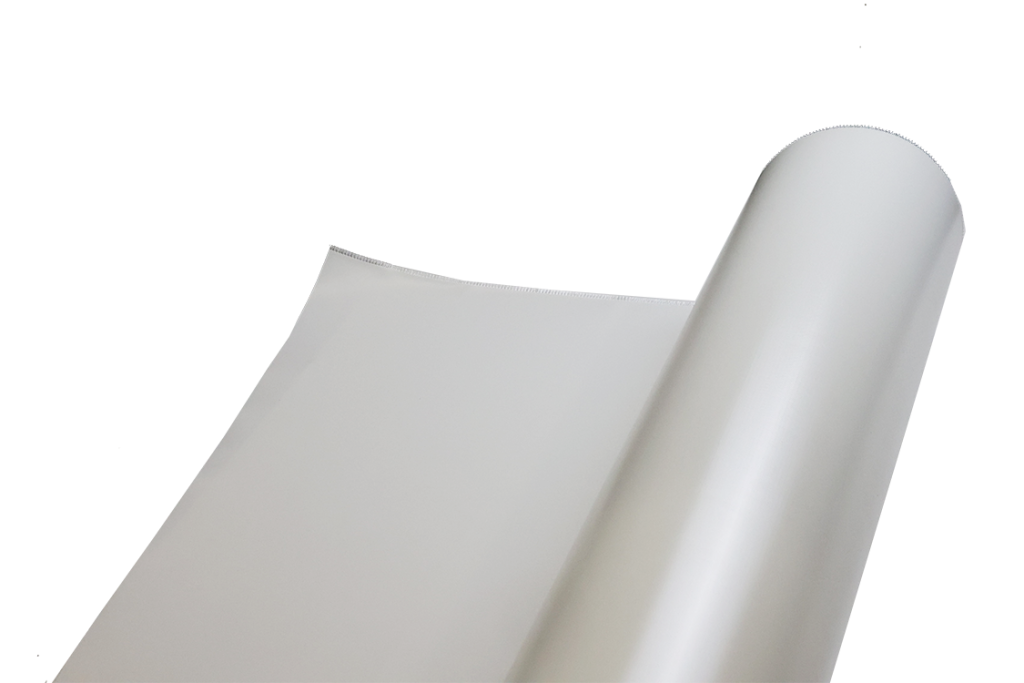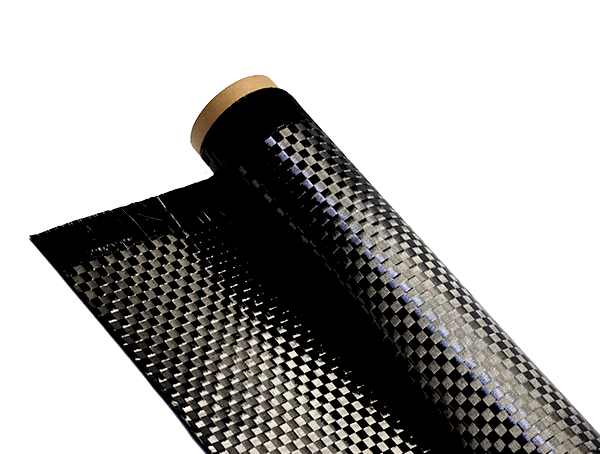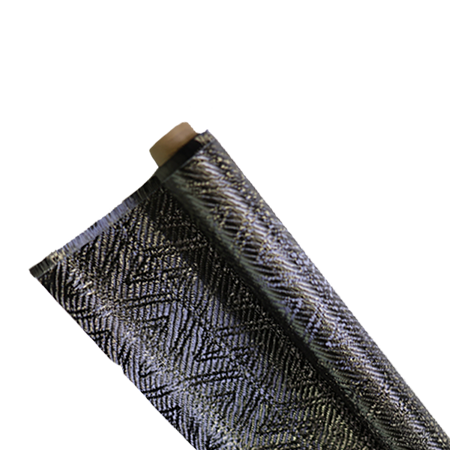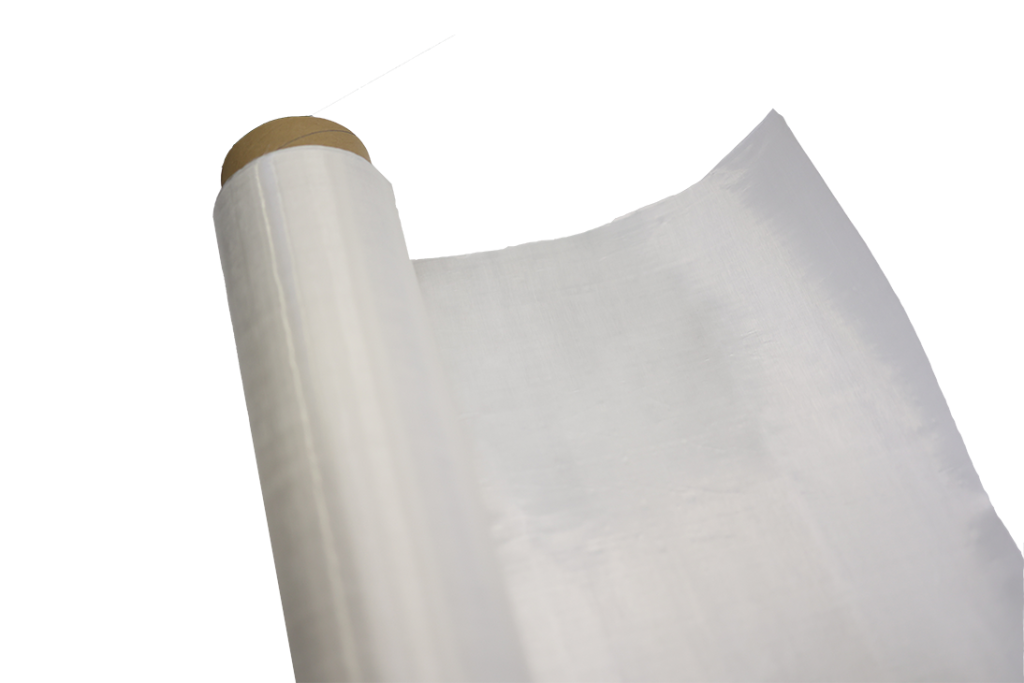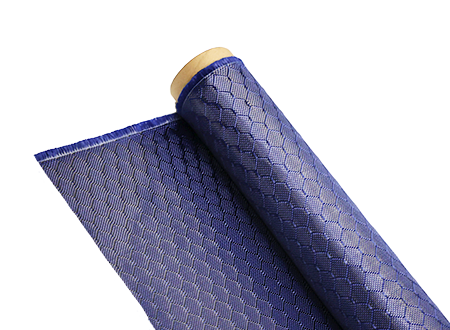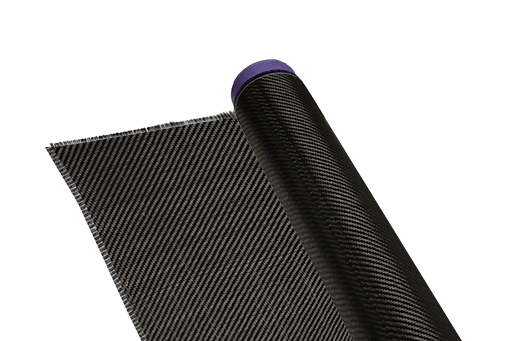Which Carbon Fiber Manufacturers Offer ISO-Certified Products?
-
Table of Contents
“Quality You Can Trust: Discover ISO-Certified Carbon Fiber Manufacturers.”
Introduction
The demand for high-quality carbon fiber products has surged across various industries, including aerospace, automotive, and sports equipment. As companies strive to meet stringent quality and safety standards, ISO certification has become a crucial benchmark for manufacturers. This introduction explores the leading carbon fiber manufacturers that offer ISO-certified products, highlighting their commitment to quality assurance, innovation, and compliance with international standards. By focusing on these manufacturers, businesses can ensure they are sourcing reliable and high-performance materials for their applications.
Leading Carbon Fiber Manufacturers with ISO Certification
In the realm of advanced materials, carbon fiber has emerged as a pivotal component across various industries, including aerospace, automotive, and sporting goods. As the demand for high-quality carbon fiber products continues to rise, manufacturers are increasingly seeking ISO certification to demonstrate their commitment to quality management and operational excellence. ISO certification not only assures customers of the reliability and consistency of products but also enhances the manufacturer’s reputation in a competitive market. Consequently, several leading carbon fiber manufacturers have achieved ISO certification, thereby solidifying their position as trusted suppliers.
One prominent player in the carbon fiber industry is Toray Industries, a Japanese multinational corporation renowned for its innovative materials. Toray has established a robust reputation for producing high-performance carbon fibers that are widely used in aerospace and automotive applications. The company holds multiple ISO certifications, including ISO 9001 for quality management systems and ISO 14001 for environmental management. These certifications reflect Toray’s dedication to maintaining stringent quality standards while minimizing its environmental impact, making it a preferred choice for manufacturers seeking reliable carbon fiber solutions.
Another significant manufacturer is Hexcel Corporation, an American company that specializes in advanced composites, including carbon fiber. Hexcel has earned ISO 9001 certification, which underscores its commitment to quality assurance in its manufacturing processes. The company’s carbon fiber products are integral to the aerospace sector, where precision and reliability are paramount. Hexcel’s adherence to ISO standards not only enhances its credibility but also assures clients that they are receiving products that meet rigorous quality benchmarks.
In Europe, SGL Carbon, a German manufacturer, stands out for its extensive range of carbon fiber products. SGL Carbon has achieved ISO 9001 certification, which emphasizes its focus on quality management and continuous improvement. The company is known for its innovative approaches to carbon fiber production, catering to various industries, including automotive and wind energy. By obtaining ISO certification, SGL Carbon demonstrates its commitment to delivering high-quality products that meet the evolving needs of its customers.
Moreover, Mitsubishi Chemical Corporation, another key player in the carbon fiber market, has made significant strides in achieving ISO certification. With a strong emphasis on research and development, Mitsubishi Chemical produces a variety of carbon fiber products that are utilized in high-performance applications. The company’s ISO 9001 certification highlights its dedication to maintaining quality throughout its production processes, ensuring that customers receive reliable and consistent products.
Additionally, Cytec Solvay Group, a subsidiary of Solvay, is recognized for its advanced composite materials, including carbon fiber. Cytec has obtained ISO 9001 certification, which reinforces its commitment to quality management and customer satisfaction. The company’s focus on innovation and sustainability aligns with the growing demand for eco-friendly materials, making it a valuable partner for industries looking to incorporate carbon fiber into their products.
In conclusion, the landscape of carbon fiber manufacturing is populated by several leading companies that have achieved ISO certification, thereby affirming their commitment to quality and excellence. Manufacturers such as Toray Industries, Hexcel Corporation, SGL Carbon, Mitsubishi Chemical Corporation, and Cytec Solvay Group exemplify the standards of quality management that are essential in today’s competitive market. As industries continue to evolve and demand high-performance materials, the importance of ISO-certified carbon fiber manufacturers will only grow, ensuring that customers can rely on the integrity and performance of their products.
The Importance of ISO Certification in Carbon Fiber Production
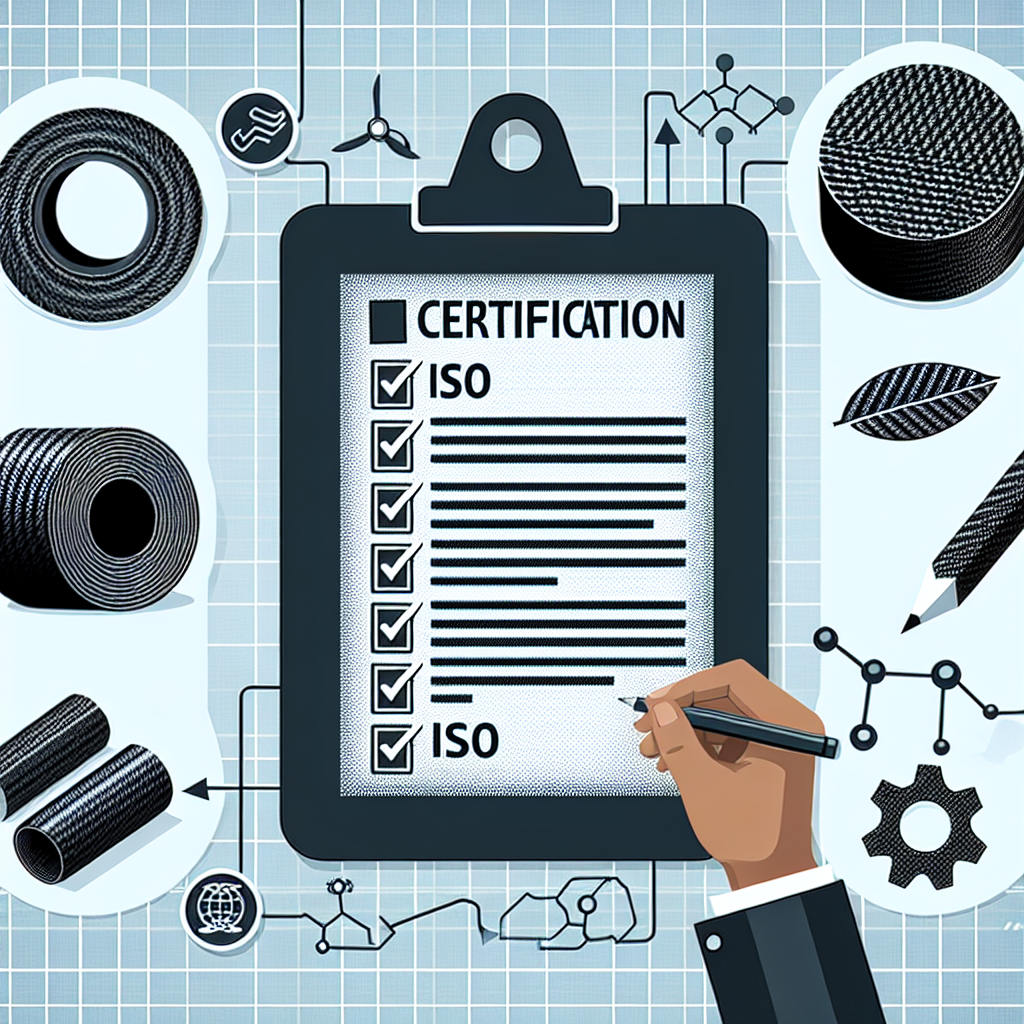
ISO certification plays a crucial role in the carbon fiber manufacturing industry, serving as a benchmark for quality, safety, and efficiency. The International Organization for Standardization (ISO) establishes guidelines and standards that ensure products meet specific requirements, thereby enhancing consumer trust and promoting international trade. In the context of carbon fiber production, ISO certification signifies that a manufacturer adheres to rigorous quality management systems, which are essential for producing high-performance materials used in various applications, including aerospace, automotive, and sporting goods.
One of the primary reasons ISO certification is vital in carbon fiber production is its emphasis on consistent quality. Carbon fiber is known for its exceptional strength-to-weight ratio, making it a preferred material in industries where performance and durability are paramount. However, the properties of carbon fiber can vary significantly based on the manufacturing process and raw materials used. By obtaining ISO certification, manufacturers demonstrate their commitment to maintaining stringent quality control measures throughout the production process. This consistency not only ensures that the final product meets the required specifications but also minimizes the risk of defects that could compromise safety and performance.
Moreover, ISO certification fosters a culture of continuous improvement within manufacturing organizations. The standards set forth by ISO require companies to regularly assess and refine their processes, which can lead to enhanced efficiency and reduced waste. In an industry where precision is critical, such improvements can translate into significant cost savings and increased competitiveness. As manufacturers strive to meet ISO standards, they often invest in advanced technologies and training for their workforce, further elevating the overall quality of their products.
In addition to quality assurance, ISO certification also addresses environmental management, which is increasingly important in today’s manufacturing landscape. The ISO 14001 standard, for instance, focuses on effective environmental management systems, encouraging manufacturers to minimize their ecological footprint. This is particularly relevant in carbon fiber production, where the environmental impact of raw material sourcing and manufacturing processes can be substantial. By adhering to ISO standards, manufacturers not only comply with regulatory requirements but also demonstrate their commitment to sustainable practices, which can enhance their reputation and appeal to environmentally conscious consumers.
Furthermore, ISO certification can facilitate access to global markets. Many industries, particularly aerospace and automotive, require suppliers to meet specific certification standards before they can be considered for contracts. By obtaining ISO certification, carbon fiber manufacturers can position themselves as reliable partners in the supply chain, thereby expanding their market reach and opportunities for collaboration. This is especially important in a globalized economy where competition is fierce, and companies must differentiate themselves through quality and reliability.
In conclusion, the importance of ISO certification in carbon fiber production cannot be overstated. It serves as a guarantee of quality, promotes continuous improvement, supports environmental sustainability, and enhances market access. As the demand for high-performance materials continues to grow across various industries, manufacturers that prioritize ISO certification will likely find themselves at a competitive advantage. By adhering to these internationally recognized standards, they not only ensure the integrity of their products but also contribute to the overall advancement of the carbon fiber industry. Ultimately, ISO certification is not merely a badge of honor; it is a vital component of a manufacturer’s commitment to excellence and responsibility in an increasingly complex and demanding marketplace.
Comparing ISO-Certified Carbon Fiber Products from Top Manufacturers
When it comes to the production of carbon fiber products, the importance of ISO certification cannot be overstated. ISO, or the International Organization for Standardization, sets rigorous standards that ensure quality, safety, and efficiency in manufacturing processes. As industries increasingly rely on carbon fiber for its lightweight and high-strength properties, the demand for ISO-certified products has surged. Consequently, several manufacturers have emerged as leaders in this field, each offering a range of ISO-certified carbon fiber products that cater to various applications.
One of the most prominent manufacturers in the carbon fiber industry is Toray Industries. Renowned for its commitment to quality, Toray has established a robust reputation for producing high-performance carbon fiber materials. The company’s ISO 9001 certification signifies its adherence to quality management principles, ensuring that every product meets stringent quality standards. Toray’s carbon fiber products are widely used in aerospace, automotive, and sporting goods, making them a preferred choice for industries that prioritize performance and reliability.
Another key player in the market is Hexcel Corporation, which specializes in advanced composite materials. Hexcel’s ISO 9001 and AS9100 certifications highlight its dedication to quality management and aerospace standards, respectively. This dual certification is particularly significant, as it underscores the company’s capability to produce carbon fiber products that meet the demanding requirements of the aerospace sector. Hexcel’s innovative approach to carbon fiber manufacturing has led to the development of lightweight, high-strength materials that are essential for modern aircraft and other high-performance applications.
In addition to Toray and Hexcel, SGL Carbon is another manufacturer that stands out in the realm of ISO-certified carbon fiber products. With ISO 9001 and ISO 14001 certifications, SGL Carbon emphasizes not only quality management but also environmental management. This dual focus is increasingly important in today’s market, where sustainability is a key consideration for many companies. SGL Carbon’s products are utilized in a variety of sectors, including automotive, wind energy, and industrial applications, showcasing the versatility of their ISO-certified offerings.
Moreover, Mitsubishi Chemical Corporation has made significant strides in the carbon fiber industry, offering a range of ISO-certified products that cater to diverse applications. With ISO 9001 certification, Mitsubishi ensures that its manufacturing processes are consistently aligned with international quality standards. The company’s carbon fiber products are particularly noted for their high tensile strength and durability, making them suitable for demanding environments such as aerospace and automotive industries.
As the market for carbon fiber continues to evolve, the presence of ISO-certified manufacturers provides assurance to consumers and businesses alike. The rigorous standards associated with ISO certification not only enhance product quality but also foster trust in the supply chain. Companies that prioritize ISO certification demonstrate a commitment to excellence, which can be a decisive factor for clients when selecting suppliers.
In conclusion, the landscape of carbon fiber manufacturing is populated by several key players, each offering ISO-certified products that meet the highest standards of quality and performance. Toray Industries, Hexcel Corporation, SGL Carbon, and Mitsubishi Chemical Corporation are among the leading manufacturers that have embraced ISO certification as a hallmark of their commitment to excellence. As industries continue to seek innovative solutions that leverage the unique properties of carbon fiber, the role of ISO-certified manufacturers will undoubtedly remain pivotal in driving advancements and ensuring reliability across various applications.
Q&A
1. **Question:** Which carbon fiber manufacturers are known for offering ISO-certified products?
**Answer:** Companies like Toray Industries, Hexcel Corporation, and SGL Carbon are known for providing ISO-certified carbon fiber products.
2. **Question:** What does ISO certification signify for carbon fiber manufacturers?
**Answer:** ISO certification indicates that a manufacturer meets international standards for quality management, ensuring consistent product quality and reliability.
3. **Question:** How can one verify if a carbon fiber manufacturer has ISO certification?
**Answer:** Verification can be done by checking the manufacturer’s website for certification details or by consulting the ISO database for accredited companies.

